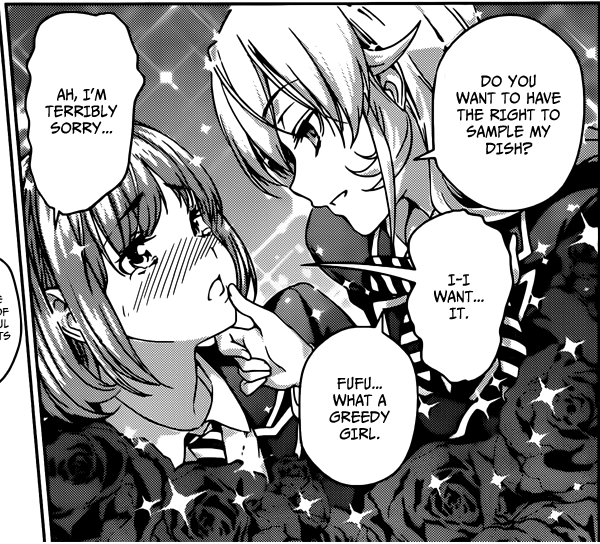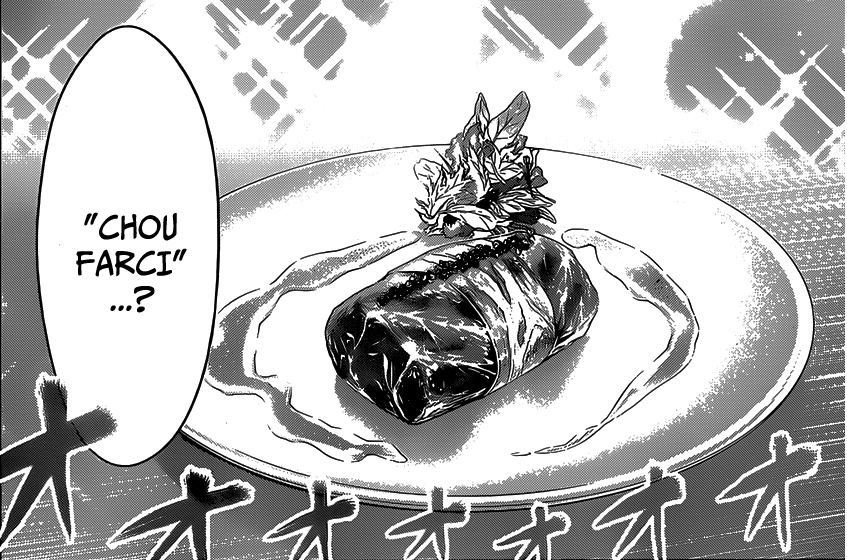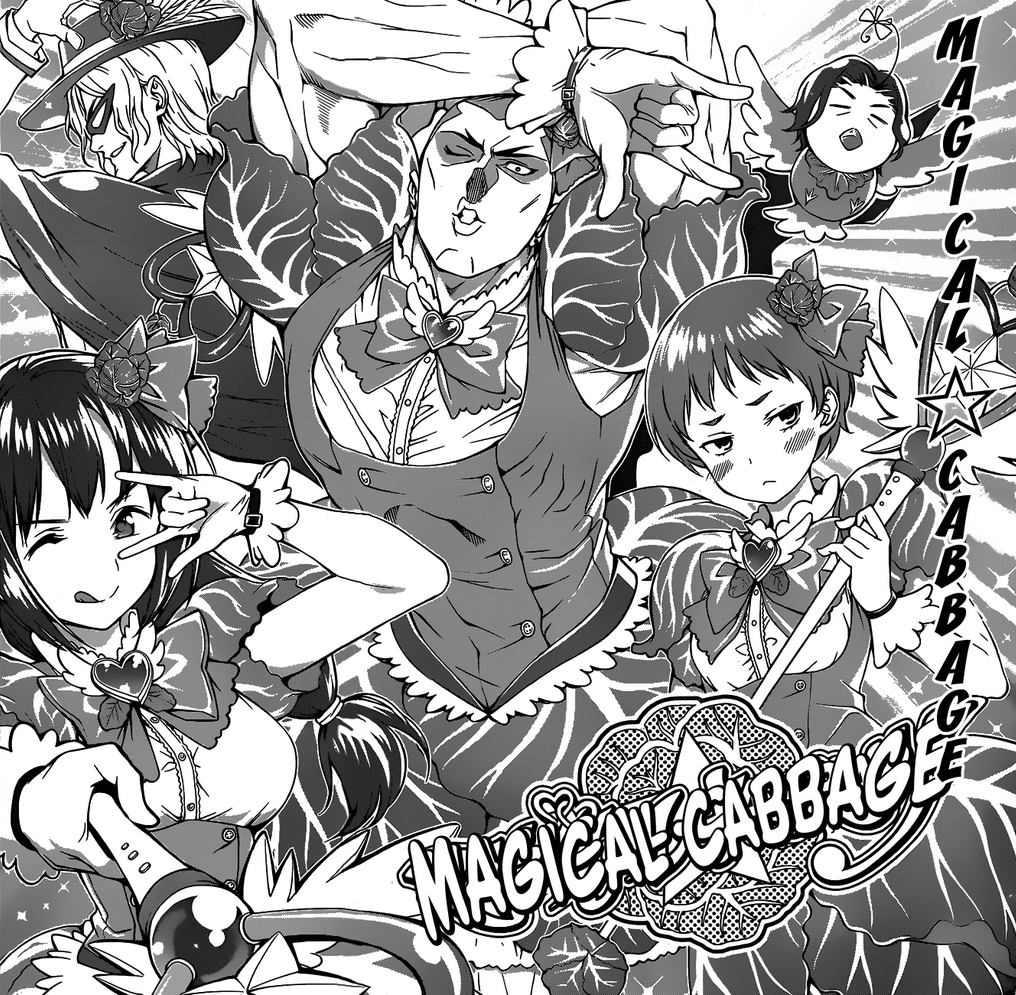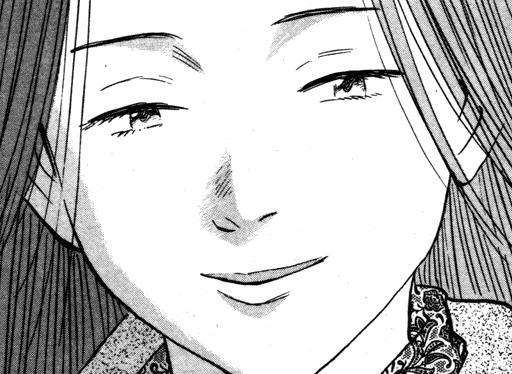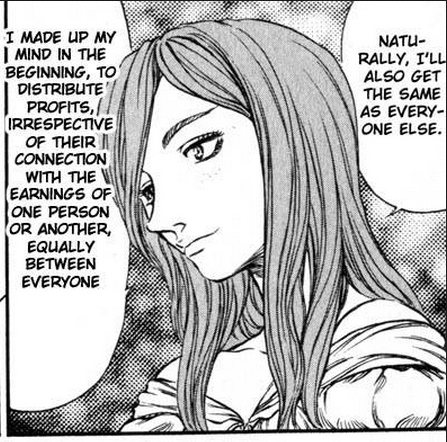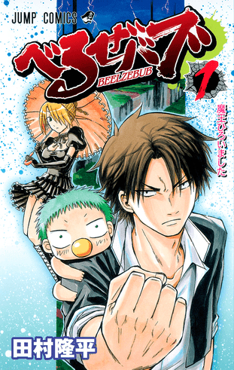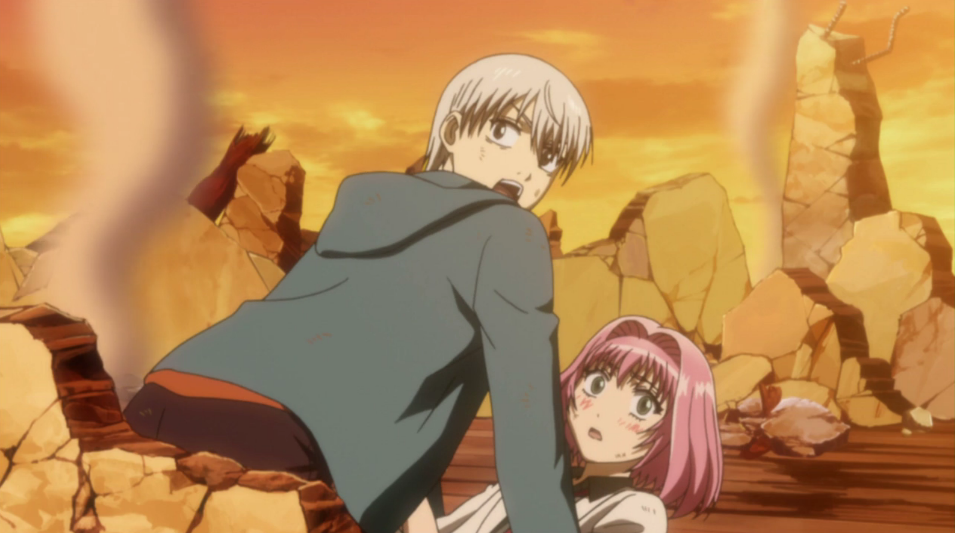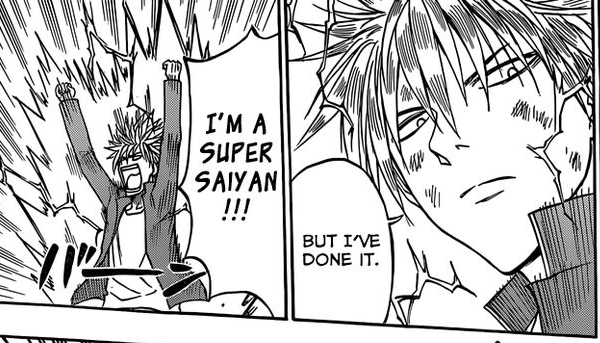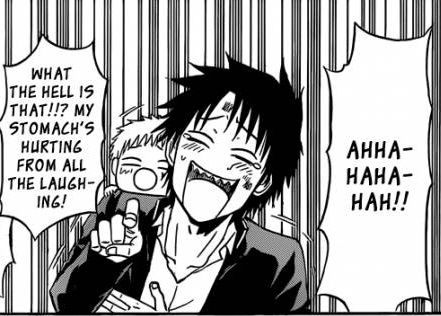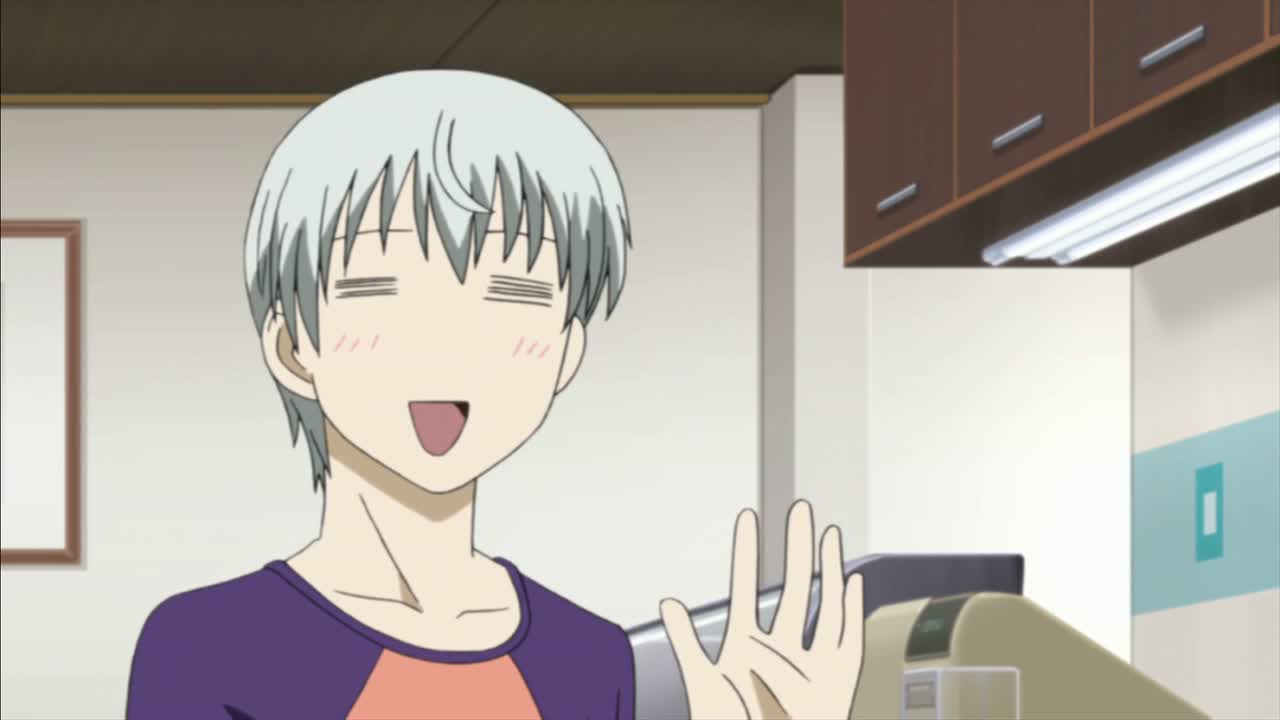It feels endearing and magical, if only just for brief yet distinct moments.

One of my all time favorite works is Eve no Jikan, by director Yasuhiro Yoshiura. When I heard that he would be releasing another work, I was definitely drawn in by his name. In addition, Patema's art director Yuuji Kaneko has done outstanding works on series like Kill La Kill and Madoka. Upon reading the synopsis and seeing the poster, you're struck by a feeling of wonder and grandeur, which is what I think this series absolutely nails. As you can guess from the poster, this series is about a boy and a girl who have oppositely oriented gravity. Patema uses this plot point as its gimmick. Moments centered around the art and score emphasizing the inverted gravity feel magical and wonderful, and the mood of a scene can turn on a dime. However, the rest of the film is weak in comparison, unfortunately, causing the movie as a whole to feel like a lower quality Miyazaki movie. Overall, it's a decent watch, but lacks the meaning and significance that other works like Eve No Jikan have.
Cast
Utterly bland. While I didn't explicitly hate any of these characters for reasons I wasn't supposed to, they're just all so... Boring. I only remember the names of the two main characters, and barely at that. The two main characters have some characterization, but it feels rather... Shallow, as if they added some of their backstory for the sole reason of making you care for them. Part of it is that this movie as a whole feels a bit rushed... A bit more elaboration on Patema and Age's backstories would make them feel a lot more fleshed out. In addition, the villain is very weak. We get what he's doing, and his reasoning behind it, but we see nothing of his backstory and are left to guess at his motivation. His character is basically "I'm super evil! Watch me be evil as I fold my hands under my chin!". It's a stark contrast to Miyazaki, who makes his antagonists a lot more human, more believable, and most of all, more impactful. Patema's villain simply lacks depth.
Patema Inverted gets a 4.5/10 for a relatively unremarkable cast of characters. Patema's "story gimmick" helps to give the characters a bit more personality, but not much.
 |
| Please don't hate me, it's not my fault that I'm poorly written. |
Plot
At first, Patema feels wonderful and magical. You're immediately put into a vibrant city underground. They do a good job of capturing the majesty and wonder you feel when seeing a unique setting for the first time, the best example of which I can think of being Miyazaki's Spirited Away. This continues as you meet the main characters, a strong adolescent female lead, and her friend, a curious and adventurous adolescent boy who meets the girl by chance. Then, through some exposition, the setting and its quirks are established, feeding your curiosity and establishing how magical and amazing everything is. This is a pretty solid formula for Miyazaki's works; his movies stick to a recipe we know that works, but the changing concepts and different ideals and themes that his works explore keep it fresh. Patema tries to follow this formula, but the story and characters aren't strong enough to support the uniqueness of the setting. It ends up feeling like a bit of a Miyazaki knockoff; it has all the magic, but none of the substance. The plot felt a bit predictable at times, and lacked significance to me. I got why it was supposed to be, but I had a hard time following that.
However, Patema still manages to make good use of its main point. The scenes involving differing gravity have a lot of emotional weight to them; you can easily put yourselves in the shoes of Patema and Age when they're being terrified of falling. In addition, the mood of a moment can change at the drop of a hat, and the transitions in the viewer's orientation contribute heavily aid this. It's these scenes that make Patema distinct; however, I still feel as if they could have utilized it better, and made the film a lot more memorable than it is. Also, it can be a little confusing at times. Go google a diagram after you've watched it if you're still confused; it's what I had to do to get everything cleared up.
In addition to the strong emotional attachment it invokes, Patema also has some pretty good humor. It manages to avoid tropes that tend to be overused in most anime and manga; the humor is endearing, enjoyable, and isn't crude. It's also very well placed.
Oh. Also, the romantic subplot feels really rushed and unnecessary. I'll refrain from elaborating too much so that you can see it for yourself.
Patema gets a 6.5/10 for its plot. While it can be predictable and unmemorable at times, the distinct setting and enjoyable humor give it a big boost.
Art and Score
The art is by far the best part of Patema. The painted backgrounds are striking, beautiful, and majestic, and they make the setting come to life. The animation is well done, and has a lot of attention to detail. But I think the most striking part is how the animation team deals with the gravity. The art and score are absolutely what make this movie magical and memorable. They also make great use of color to distinguish between the different worlds and give a lot of attention to the sky, as it's part of the main theme of the story. I could go on and on about how amazing some of the key moments feel when watching this movie because of the score and art, but it's best that
you watch it yourself.
Patema gets a 10/10 for art and score. The art has tremendous attention to detail and quality, while the score does a magnificent job at conveying emotion.
 |
| Scenes like this are what make Patema worth watching. |
Overall Rating
Despite its poor execution, Patema manages to feel magical and wonderful, even if it's only for brief and sparse moments. Yes, the plot is relatively weak and the characters are bland, but I would recommend this movie because of the art and score alone. Seriously. Go watch it.
Patema gets a 7/10 for gorgeous artwork, a magnificent soundtrack, and managing to strongly invoke emotions despite its unremarkable cast and iffy story.
Other Works
If you end up liking Patema, definitely go watch Eve no Jikan, which is one of my all time favorite works and it's what Yasuhiro Yoshiura is known for. It has a much stronger story, cast, and theme, while maintaining a fantastic art style.





